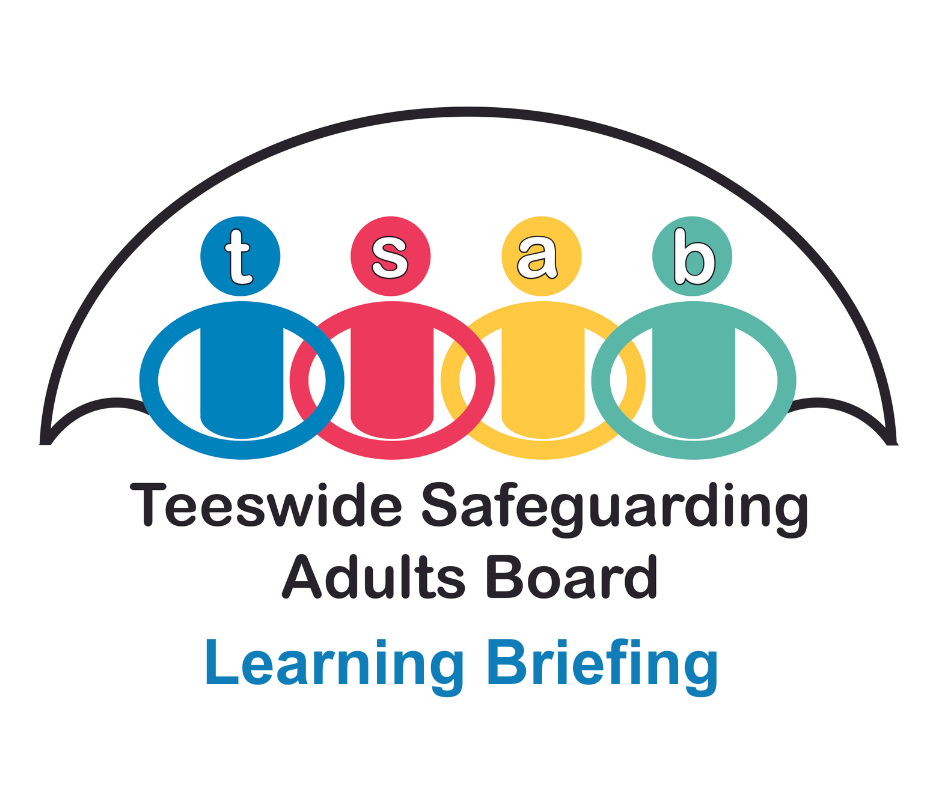
1. The circumstances that led to a Safeguarding Adult Review
Chloe is a white British woman who is now in her early thirties. She was the victim of a serious incident in 2023. Chloe is still alive but this incident involved considerable emotional and physical trauma against a background of abusive behaviour by an intimate partner and other men.
Chloe is reported to have experienced significant childhood trauma. In adulthood, she had a background history of multiple vulnerabilities including poly-drug use, homelessness, a lack of social support, mental health issues, involvement with the criminal justice system and engaging in survival sex[1].
2. The challenge of engaging her into the interventions
The central issue with Chloe is the challenge of engaging her into the interventions that would help her. A system or structure is required that allows practitioners to identify and flag such individuals. An agreed structure will then allow a more targeted and assertive approach to be used, this will require:
- work to challenge stigma and prejudice
- a methodology for flagging these individuals
- a multi-agency framework to which this client group can be escalated
- assertive outreach capacity
- guidance on how to practically intervene with individuals that services find hard to engage – e.g. professional curiosity, harm reduction and motivational interventions.
3. Drug and/or alcohol screening
All services need to ensure that a drug and/or alcohol screening tool is routinely being used at assessment by all relevant professionals.
4. Raising safeguarding concerns or escalating domestic abuse
It is important to remind all practitioners to raise safeguarding concerns or escalate domestic abuse in the context of substance use disorders. In particular, there is a need for training in identifying domestic abuse. This should align with NICE Public health guideline [PH50] – Domestic violence and abuse: multi-agency working.
5. The Duty to Refer
Staff in Hospital and other settings should be reminded of the importance of the Duty to Refer homeless individuals in accordance with the Homelessness Reduction Act 2017.
6. Next steps for practitioners
To embed the learning from Chloe’s Safeguarding Adult Review into everyday practice, practitioners are encouraged to take the following actions:
- Share and Discuss the Learning
- Disseminate this briefing within your team and across partner agencies.
- Use it as a basis for reflective discussions in team meetings, supervision, or multi-agency forums.
- Consider incorporating the learning into safeguarding training sessions and induction programmes.
- Strengthen Multi-Agency Collaboration
- Identify opportunities to improve coordination and escalation pathways for individuals with multiple vulnerabilities.
- Ensure your service is actively contributing to multi-agency risk management forums or panels.
- Promote Professional Curiosity
- Reflect on how professional curiosity can be used to better understand individuals who are hard to engage.
- Challenge assumptions and explore underlying causes of behaviour or disengagement.
- Review Screening and Referral Processes
- Ensure drug and alcohol screening tools are routinely used and documented.
- Revisit your organisation’s approach to the Duty to Refer under the Homelessness Reduction Act 2017.
- Confirm that domestic abuse indicators are being considered in the context of substance misuse and trauma.
- Address Stigma and Barriers to Engagement
- Promote trauma-informed approaches and harm reduction strategies.
- Challenge stigma and unconscious bias in your service’s language, policies, and practice.
- Embed Learning into Policy and Practice
- Review internal policies to ensure they reflect the learning from this SAR.
- Identify gaps in service provision or training needs and escalate them to managers or safeguarding leads.
[1] Terms like “sex work” and “prostitution” are controversial. In this SAR the term “engaging in survival sex” was used to emphasise that she was doing this to meet her basic needs.
Version number: 1
Date approved: June 2025